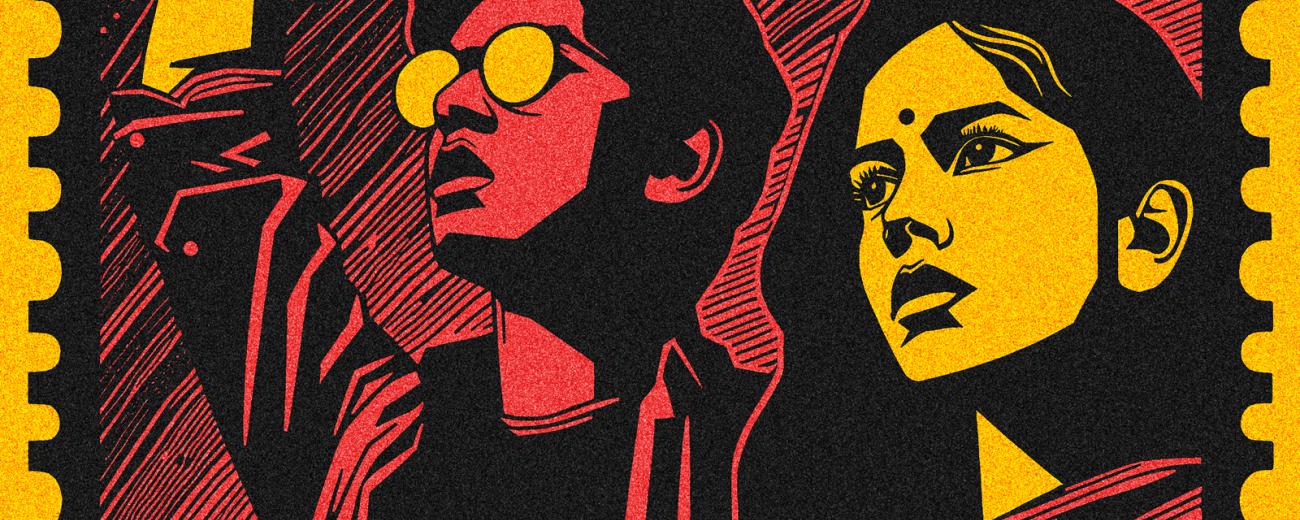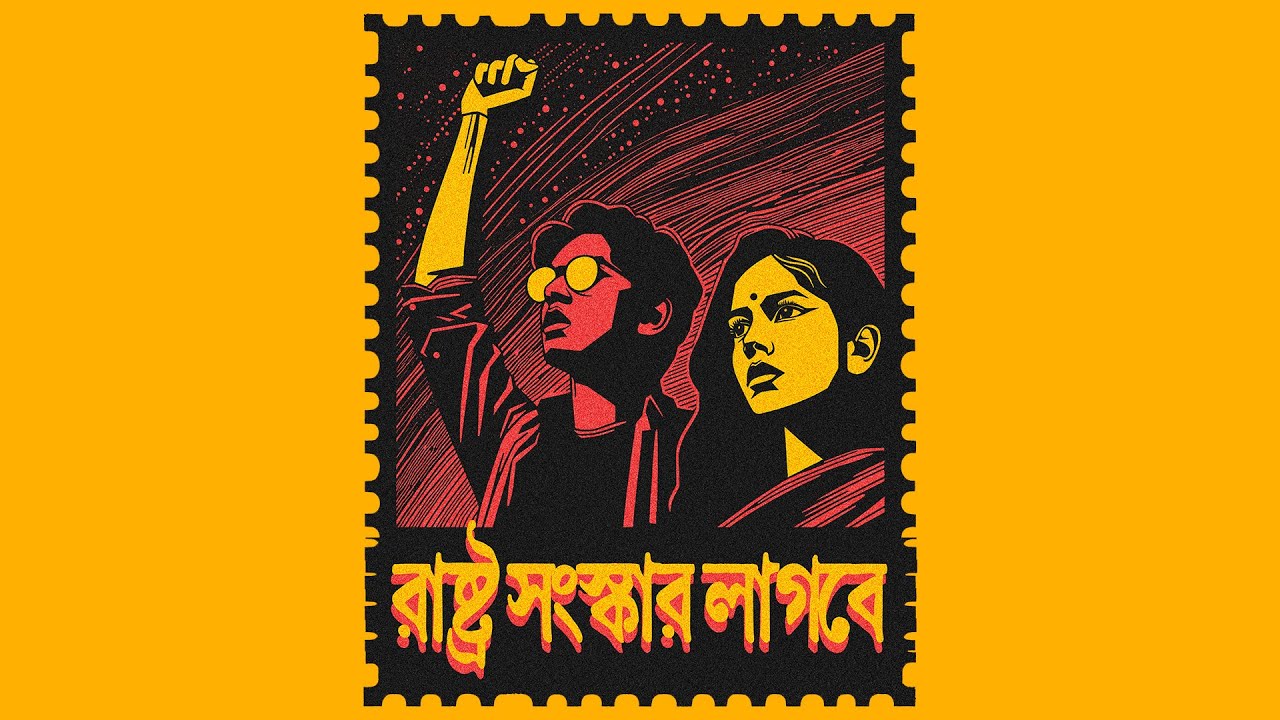
The July 2024 Bangladesh uprising: Causes and prospects

Key information
- Date
- Time
-
5:00 pm
- Venue
- SOAS, University of London
- Room
- Khalili Lecture Theatre
About this event
A student-led uprising overthrew the increasingly authoritarian Awami League government in Bangladesh in August.
What triggered this uprising? How did such an apparently robust regime suddenly lose its power over state and social forces? And what are the prospects for democratizing reforms under the interim government led by the Nobel Prize-winner Muhammad Yunus? This panel of experts will share their analysis of these events in Bangladesh, and invite questions and discussion from the audience.
About the speakers
Naomi Hossain is a political sociologist interested in how people living with poverty and precarity get the public services they need, Naomi’s work centres on two distinct but occasionally converging areas: the politics of Bangladesh’s development, and the contentious politics of public services and disasters (beyond Bangladesh). In both areas, she focuses on issues of state accountability and responsiveness, protest and civic agency, and the role of aid. To both she brings an interest in concepts and frameworks from social history, in particular the ‘moral economy’.
She has worked with researchers from around the world as well as with social movements, civic actors, artists, governments and aid agencies around the world. She has researched extensively across Bangladesh, as well as managing large international studies spanning another 20 countries in Asia, Africa, Latin America, and Europe.
Her work has examined elite perceptions of poverty; accountability for hunger, social protection, and inflationary price crises; complaints mechanisms; the politics of educational reform; civil society and civic space; the political effects of disasters; and the role of protest in holding public authorities to account, among other issues.
Mushtaq Khan is a Professor of Economics at SOAS University of London. He is also head of the FCDO (UK government)-funded Anti-Corruption Evidence Research Consortium (SOAS-ACE) and joint head of the FCDO funded SOAS-Yale partnership, Research and Evidence on Nepal’s Transition (RENT), working with the British Embassy in Kathmandu.
He is a leading thinker on political settlements (an analytical framework he developed for assessing why institutions perform differently across countries), effective policy implementation, governance, industrial policy, institutional economics, political economy, and anti-corruption.
Sara Hossain is a barrister and has been practicing for 30 years in the areas of constitutional, corporate and family law. She is a partner at the law firm of Dr. Kamal Hossain and Associates. Sara currently serves pro bono as the Honorary Executive Director of the Bangladesh Legal Aid and Services Trust (BLAST). Sara’s casework has included strategic litigation on equality and non-discrimination, the right to liberty, forced marriage, child abduction, and freedom of expression among others.
She has been involved in amicus/ third party briefs before other national courts and international human rights bodies and courts. Sara writes and speaks on public interest law, human rights and women’s rights and access to justice. In 2022, Sara was appointed Chair of the Independent International Fact Finding Mission on Iran, established by the UN Human Rights Council, to investigate the protests in Iran following the death in custody of Jina Mahsa Amini
This event will be chaired by Samia Khatun, Senior Lecturer in the History Department at SOAS.
Image credit: Debashish Chakrabarty



